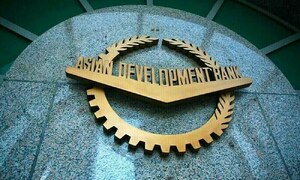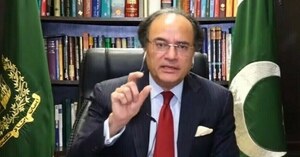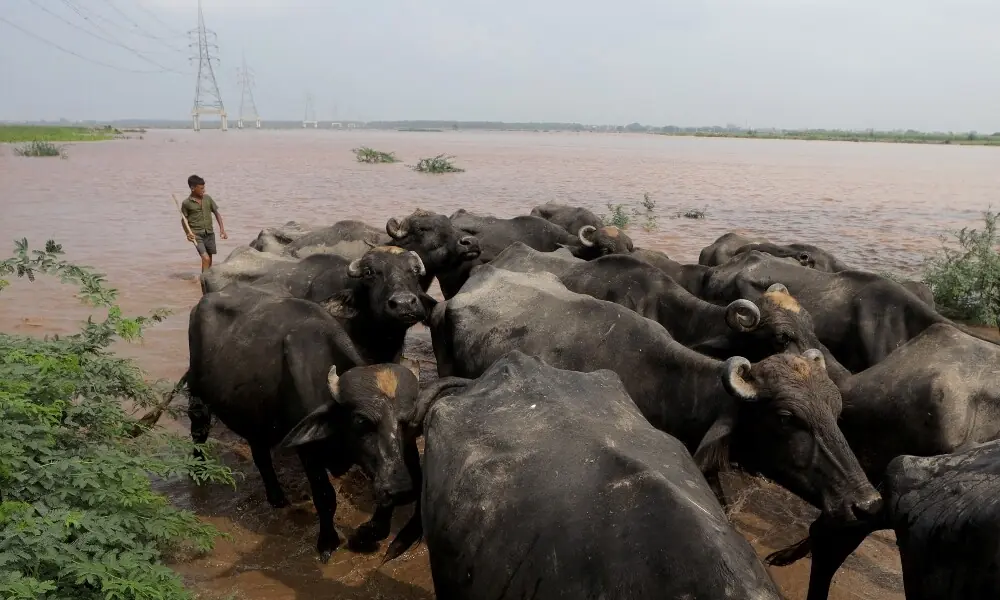John Kerry has seemingly failed to meet his deadline to stitch a definitive US-Afghanistan Bilateral Security Agreement (BSA) before the end of October. One of the most forbidding reasons behind his failure could be President Karzai's concern about his place in the Afghan history. Though he wants to cut the deal with Washington on the latter's terms but is wary of its authorship - for, in the eyes of Afghans granting foreign forces immunity from legal prosecution is nothing but a national betrayal. At the fag end of his second and final term as president of Afghanistan he would be doing anything to get rid of 'puppet of the West' stigma. So he has passed the buck to the Loya Jirga to decide whether to grant the foreign troops exemption from trial in local courts for their criminal acts. For the people of any self-respecting nation, troop immunity is a sensitive issue, and so it is with the Afghans. Last year, the Karzai government had seriously protected the local US military command's decision to put on trial Staff Sergeant Robert Bales for the killing of 16 villagers in southern Afghanistan by him. No wonder then the recent arrest of Taliban leader Latif Mehsud, who happens to be the TTP chief Hakeemullah Mehsud's relative and a close aide, by the American troops has been looked upon by the Kabul government as an infringement of its sovereign jurisdiction. Maybe the contentious issue gets resolved courtesy some deceptive description of this provision as part of BSA. But if it is to be understood in the light of its historical implication, particularly as it was applied by the victor Allied forces against Japan and others defeated nations and spelled out in those stark terms then the success of the move remains uncertain. Americans walked out of a bleeding Iraq when the Iraqi government refused to grant this immunity to foreign troops - of course seen in hindsight an unremitting blunder on the part of both sides as Iraq is now a far more dangerous place than it ever was in the days of Saddam Hussein. Perhaps, the Americans won't repeat the same mistake, some in the Karzai government think. But it is a dicey game; with President Obama's 'zero option' is still the best course and Secretary Kerry too is very clear on it, saying without this issue being resolved "unfortunately there cannot be a bilateral security agreement".
After 2014 the coalition forces would have gone from Afghanistan, but in case BSA is agreed upon about 10,000 or less US troops will stay at about half a dozen well-marked out 'bases'. The two sides have agreed on 'respect of national sovereignty, preventing civilian casualties, a definition of aggression and prevention of unilateral acts by foreign forces'. But the 'definition of aggression' is still a moot point to the extent that Kabul's point of view is not unacceptable to the US government. Whether the United States will come to defend Afghanistan if it is attacked by a neighbour (read Pakistan), President Karzai says 'yes', the deal provides for it. On the other hand, the Americans say that kind of eventuality is beyond the scope of the Bilateral Security Agreement - because the BSA is not a mutual defence pact. But the fact remains that Hamid Karzai is never short of antics to play to the gallery. One may differ with Mulla Omar's political philosophy but it would be rash to reject his assertion that the Loya Jirga would love to ratify the proposed outline of the BSA. Hand-picked it may be the Loya Jirga has come to gain respect of the international community as possibly the only Afghan outfit which has the potential to lead Afghanistan out of its present shambles. Two critical issues that confront the post-2014 Afghanistan are the expected power vacuum and the feared steep drop in the flow of dollars. The fact is that in spite of the coalition's hectic efforts to raise a professional Afghan national security force there is no such force on the ground yet strong enough to ward off a take-over by the Taliban, an unmistakable alternative to the 'zero option'. A BSA with or without the potency of a mutual defence pact, that is of no relevance to the regional stakeholders given that none of the neighbours would like Afghanistan to go through another spell of civil war. No less frightening is the post-2014 Afghan economic scenario in case the foreign forces leave the country lock, stock and barrel. Whatever autonomous strength the Afghan national economy earlier had it has completely disappeared in face of the massive foreign monetary injections that were required to keep in shape more than 100,000 soldiers, almost the same number of military contractors from high-income coalition partners. So, even when President Karzai would like to portray himself as a staunch defender of national independence and uncompromised sovereignty the deal has been done and there is no going back.
BR100
15,085
Increased By
112.5 (0.75%)
BR30
44,012
Increased By
987.7 (2.3%)
KSE100
148,618
Increased By
1274.3 (0.86%)
KSE30
45,248
Increased By
370.7 (0.83%)





















Comments
Comments are closed.